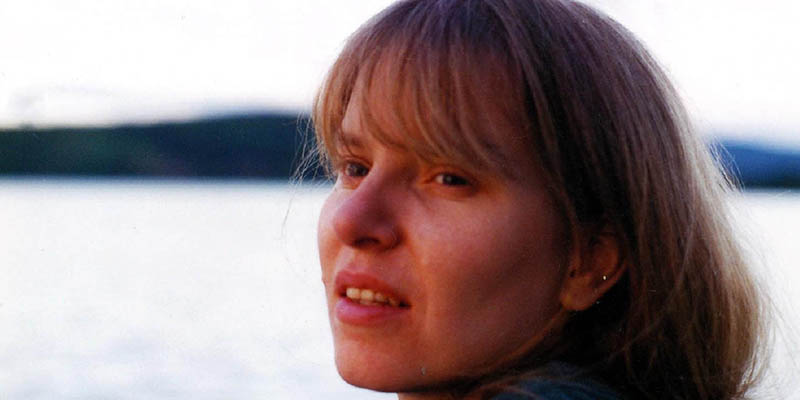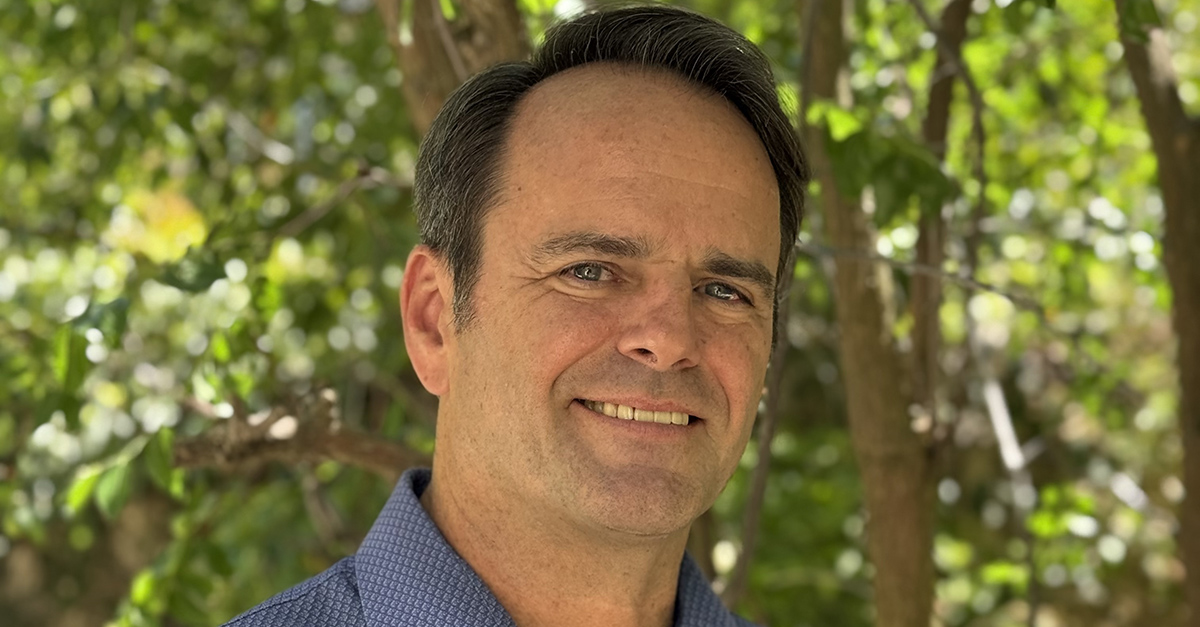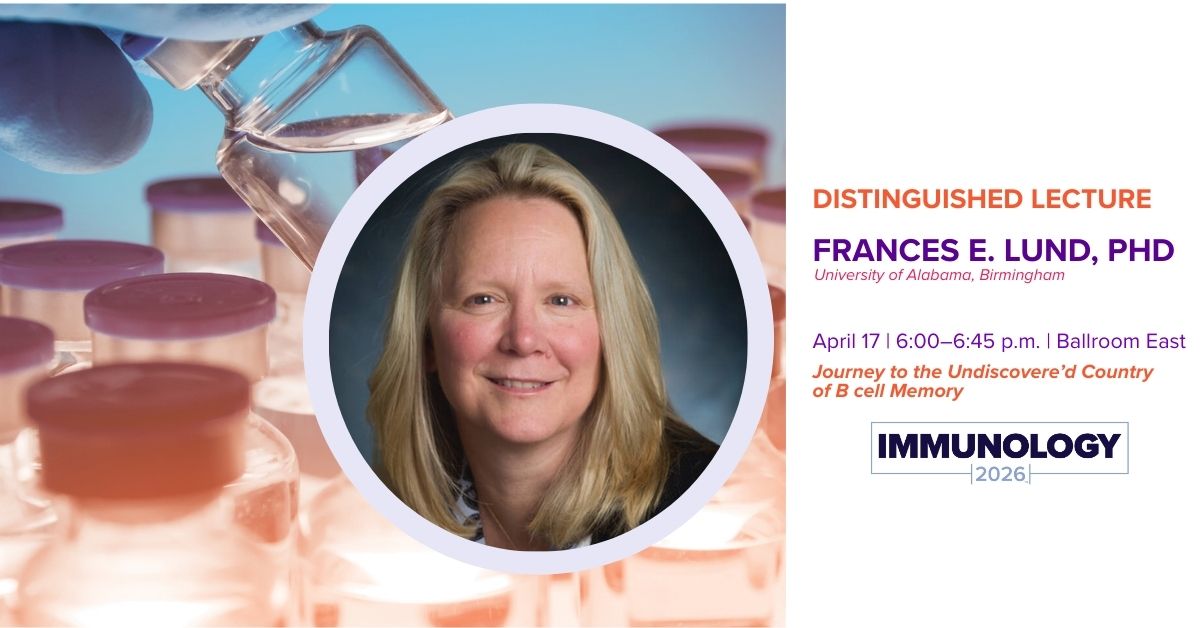
Kirsten Falk, Ph.D., passed away on December 18, 2024. Her early work was a monumental step in identifying how peptides bind to MHC molecules, which led to a quantum leap in identifying T cell receptor ligands.
Remarkably, Dr. Falk’s most groundbreaking work was as undergraduate student in the lab of Hans-Georg Rammensee at the Max-Planck-Institute for Biology. Falk and her partner Olaf Rötzschke succeeded in solubilizing major histocompatibility complex (MHC) molecules and separating the peptides by high-performance liquid chromatography (HPLC).
Some of the HPLC-purified fractions were specifically recognized by T cells, proving not only that minor histocompatibility antigens are indeed peptides derived from polymorphic or sex-specific proteins, but also that the method would be suitable to isolate and functionally characterize MHC restricted peptides. Falk and Rötzschke successfully eluted and identified MHC-restricted viral peptides from virus-infected cells. Further work opened up the prediction of the MHC-peptide binding motifs and started the new field of immunoinformatics.
After completion of her graduate thesis, she worked as a postdoc in Jack Strominger’s lab at Harvard University. There she continued her work on MHC peptide interaction and expanded it to T cell biology and autoimmune diseases. After completing her postdoc, she moved to the Max Delbrück Center for Molecular Medicine in Berlin, Germany, further extending her scope to regulatory T cells.
In 2008, she accepted an offer at the Singapore Immunology Network, but tragedy struck before she could move. While visiting scientific institutes in West Africa to discuss future collaborations, a car accident left her tetraplegic and forced her retirement from the laboratory.
For her achievements Kirsten received the Otto-Westphal-Promotionspreis from the German Society for Immunology in 1993 and the Walter and Christine Richtzenhain-Prize in 1995.
This obituary was adapted from text provided by Olaf Rötzschke, Laura Santambrogio and Hans-Georg Rammensee.




